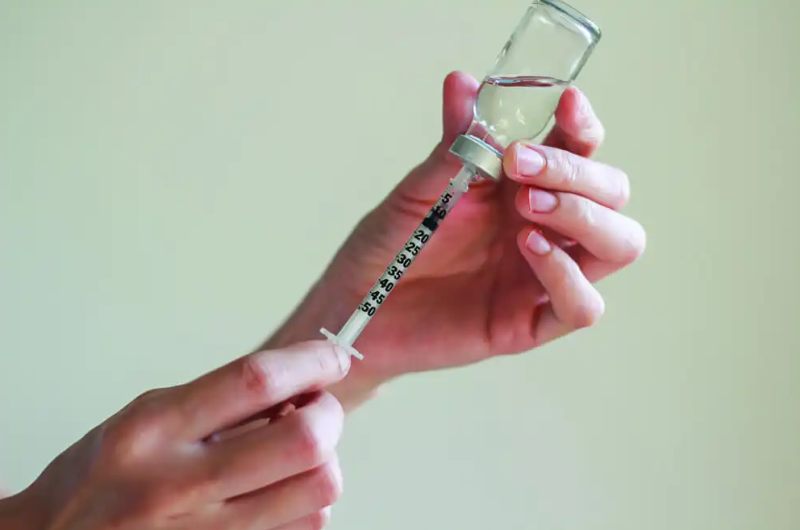 Today, research on contraceptive methods for men has been expanded to find some that present mechanisms similar to female anovulatory ones.
Unfortunately, there are fewer birth control options for men than for women. Discover them! Throughout the article, we will explain the available alternatives and those being studied.
Today, research on contraceptive methods for men has been expanded to find some that present mechanisms similar to female anovulatory ones.
Unfortunately, there are fewer birth control options for men than for women. Discover them! Throughout the article, we will explain the available alternatives and those being studied.
Contents
Contraceptive methods for men
Research published through Fertility and Sterility acknowledges that more and more men want to take active responsibility for family planning. Due to this, interest in knowing the different male contraceptive methods has increased. This medium highlights that the most common are condoms and vasectomies, the only ones approved by the World Health Organization (WHO). However, they are not the right option for all men. For this reason, studies on the subject continue to advance. Next, we will see everything in detail.1. Condoms and spermicides
Condom use is one of the most widely used contraceptive methods for men today. Condoms and spermicides work together to help protect against pregnancy. Condoms are placed on the man’s erect penis. The sperm stays inside the condom and cannot reach the woman’s egg. According to a study published by the University of Antioquia (Medellín), spermicides cover the woman’s cervix and kill the man’s sperm. This product is available in several presentations:
According to a study published by the University of Antioquia (Medellín), spermicides cover the woman’s cervix and kill the man’s sperm. This product is available in several presentations:
- Gel.
- Fabric.
- Cream.
- Foam.
- Tablets.
- Suppositories.
2. Vasectomy, one of the contraceptive methods for men
In the world, as confirmed by research published by the Journal of Perinatology and Human Reproduction, there are 37 million men who have opted for this procedure, and the number continues to rise. Surgical contraception or voluntary sterilization has become a very popular, mainly in developed countries. This contraceptive method presents the highest effectiveness rates and is a resource widely used by couples who do not wish to have more children. It has the advantage over other contraceptive methods for men since it can be performed in a single act and does not require specific follow-up controls. Also, if the surgical procedure is performed according to accepted medical standards, the risk of complications is small.What does it consist of?
The surgical procedure of vasectomy aims to block the vas deferens through various techniques such as section, ligation, or compression. This duct carries sperm from the testicle to the urethra to be expelled during ejaculation. It is a simple technique that can be performed on an outpatient basis and, when performed under local anesthesia and with adequate aseptic care, carries little risk of morbidity and negligible risk of mortality.3. Block injections
It is a non-hormonal contraceptive for men, designed to find low-cost solutions the pharmaceutical industry ignores. Its trade name is Vasalgel, and they are still researching it.
This gel is injected into the tube through which the sperm passes, just at the end where it joins the scrotum.
The process is completed in about 15 minutes, and once injected, the gel is fixed and continues as a filter, allowing the fluid passage but not the sperm. Therefore, it does not make ejaculation or orgasm impossible.
Also, block injections are just as effective as the prior technique, vasectomy. As it is not a hormonal method, Vasalgel does not have the side effects this type of treatment for women usually has. And it is that the contraceptive pill can cause migraines, weight changes, and decreased libido.
Block injections have a great advantage over vasectomy since this contraceptive method is easily reversible. A recent study published in the journal Basic and Clinical Andrology showed that the effect of Vasalgel can be reversed with an injection of sodium bicarbonate. All this without affecting fertility or sperm function.
On the other hand, another blocking injection called RISUG works very similarly to Vasalgel. According to various investigations, this new injection could guarantee contraception for 10 or 15 years and is reversible in animal models, as confirmed by the following study published in 2014 by the Indian Journal of Medical Research.